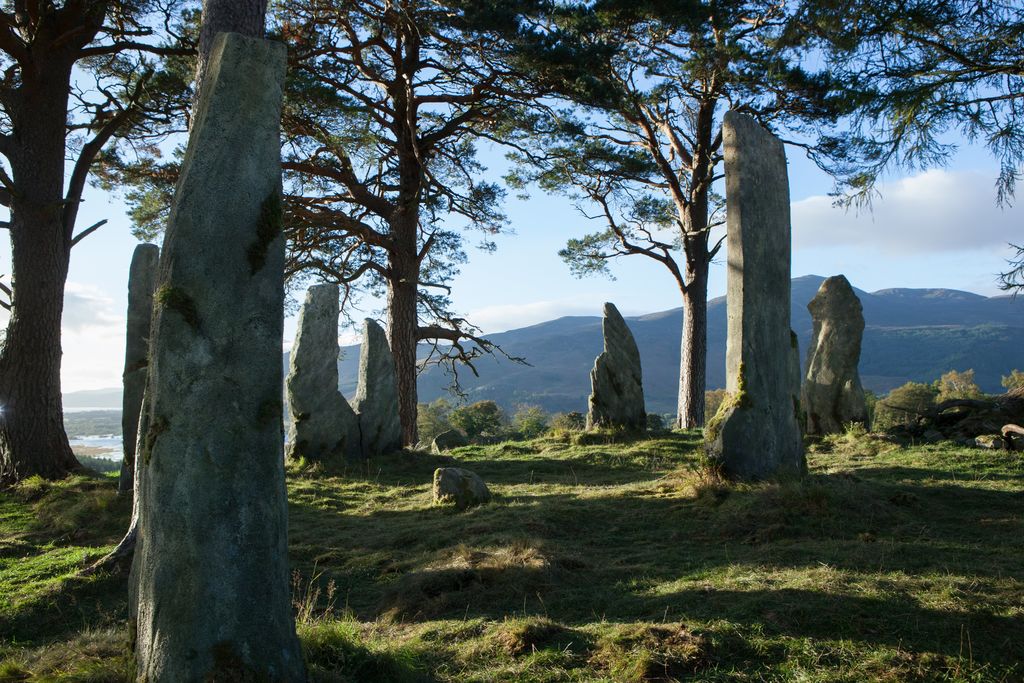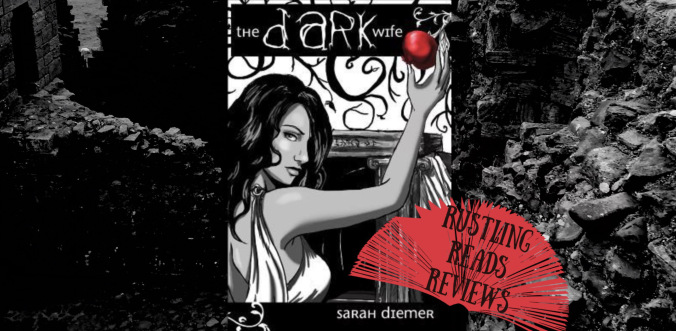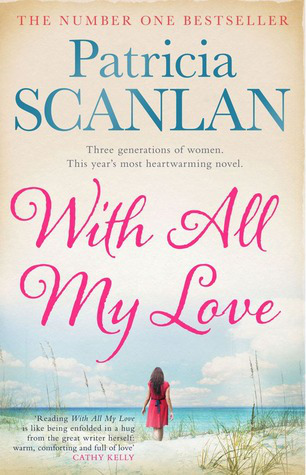
I recently posted a review of Zizek’s “Less Than Nothing: Hegel and the Shadow of Dialectical Materialism” (2013) here in the blog. A book inspiring my “Realism and Antirealism”. Here is my Amazon (October 2016) review of his earlier “Living in the End Times” (2011). When I wrote this one I hadn’t yet keyed in to Zizek’s fundamentally antirealist outlook, something that became obvious in the opening pages of the later book. I was sensitized to the distinction by Maurizio Ferraris, a continental “new realist”, and an excellent book on Postmodernism by Stephen Hicks (The links will take you to their books on Amazon) both read in between the two Zizek books. The review does however capture my intuitive realist rebellion to Zizek’s approach. Now I understand why.
I’ve watched Slavoj Zizek through several YouTube interviews, a very articulate and animated speaker who always seems to have an unusual but common sensical slant on goings on in the world. I bought this book because I thought I might find more of the same between its covers and the title was especially interesting. But how to review this book? The author has a vast background in European social and political philosophy from Marx and Hegel (on whom he particularly rests for the grand picture) to more contemporary figures like psychiatrist/philosopher Jacques Lacan and Alain Badiou (a modern French Marxist) one or the other of whom is mentioned on almost every page!
This book ranges over the entirety of Earth’s present social, political, and economic space. Marx and Hegel updated to the present serve as the backdrop. Of course Freud is in there too along with a few dozen other philosophers and authors both popular and literary. Zizek brings into this business not only thinkers and writing, but film, architecture, modern art, and technological transformations. War and peace, terror, contentment, and sexual mores all fall within his gaze.
Within this scope, with every political, cultural, economic event event, philosophy, and interpretation, nothing is quite as it seems. Freedom is not free, goodness is not entirely good, nor badness all bad. Every “ism” is evil and yet highlights something important about the human condition. You name it, and Zizek will find a viewpoint that stands whatever the “it” is, on its head. Much of this would be laughable, but Zizek’s viewpoints (and he takes many of them, often opposed to one another for the sake of illuminating consequences actually felt by real human beings) are not easily dismissed as fantasy. Each has something to say to us. A few struck me as unfair, perhaps contrived, but that would be reading my own personal political and social biases into what I know of history and psychology. None of his varied perspectives lack force. Perhaps there is an over emphasis here or an under-emphasis there, but who is to say if it is I or he who has the greater insight into the true weight of it? It is clear that he is very well read and deeply thinks about all that he encounters.
Does he ever answer the question? Are we living in the end times? I think, if you mean the end of biological humanity as such the answer would be no (unless someone triggers a global thermonuclear war). But if you mean the end of life as it is presently known and understood, the answer is probably yes. What will it be that gets us? Economic exhaustion? Ecological (and so biological) collapse? Old fashioned war, or a new fashioned loss of the very center of our “selves” to virtual reality; “the Matrix” for real, not imposed by aliens but by our own economic elite and not even the elite as individuals but the system itself! Quite possibly it will be all or much of it together. Nor is he sanguine about what will follow. His view of history is pessimistic. Civilizations and political systems come and they go and when they go what replaces them, while perhaps different from what went before, is no less oppressive to the majority of individuals alive at the time. His is not a view of ever evolving perfection, of goodness eventually triumphing over evil, but rather more of the same, more of the mix of good and bad that makes human beings what they are now and ever will be.
In the end he reverts back to his updated Marx. The governments of Eastern Europe were evil, but what replaced them was also evil and continues to wreck its corrosive influence. Interestingly he discerns, in the political and economic patterns of the world, the further expansion and domination of capitalist-oriented systems regardless of the politics of individual nations. He in fact discerns the emergence of the “market state” from the nation state, but he never gets around to naming it. It is no doubt a mix of adaptation to the totality of the global situation, though he does loudly proclaim that for all that adaptation it is itself a part (if not the main part) of our present problem and about this he is surely correct. Oddly, for a Marxist-Hegelian, he doesn’t seem to recognize its present inevitability.
This is a book of great scope. If you are interested in a dense survey of our age from the viewpoint of an updated Marxist/Hegelian “rolling on” of history written by a scholar of the highest caliber (which doesn’t automatically make him right) then this is a good book for you. If you prefer a simple or unambiguous answer, then perhaps it is not.
Share this:




